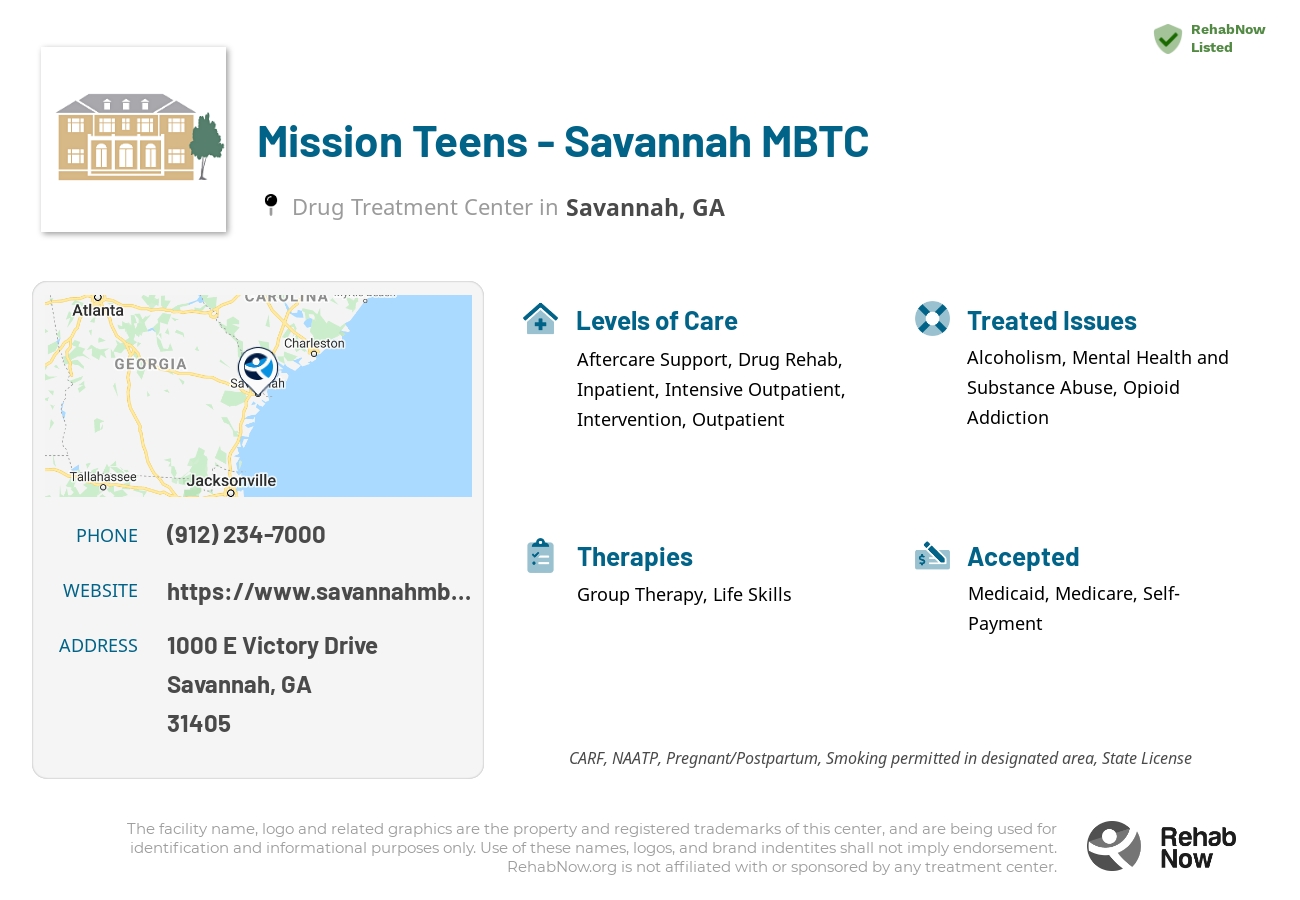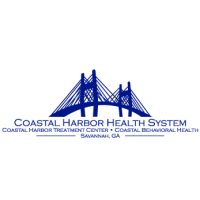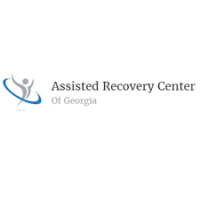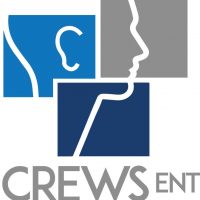Mission Teens - Savannah MBTC
Drug Rehab Center in Savannah, Georgia
Mission Teens - Savannah MBTC is a faith-based addiction treatment center for teens and young adults in Savannah, GA, that offers evidence-based and holistic therapies to support recovery, and is accredited and recognized by various organizations for its excellence in care.
About Mission Teens - Savannah MBTC in Georgia
Mission Teens - Savannah MBTC is a leading addiction treatment center located in Savannah, Georgia. The facility, which is owned and operated by Christian Family Ministries, offers alcohol and drug treatment programs for teens and young adults who are struggling with addiction. The center also offers family counseling, life coaching, and group activities that promote recovery through holistic and faith-based approaches. These programs are designed to help teens and young adults discover and develop their unique strengths and build a strong foundation for their future.
At Mission Teens - Savannah MBTC, treatment focuses on evidence-based strategies, including cognitive behavioral therapy, motivational interviewing, and dialectical behavior therapy. It also utilizes holistic therapies such as meditation, yoga, acupuncture, and mindfulness exercises to promote sobriety and help patients reconnect with their spiritual selves. The facility is committed to providing a safe, supportive environment where individuals can learn the skills they need to stay sober and live a healthier, more fulfilling life.
Mission Teens - Savannah MBTC is accredited by CARF International, licensed by the Georgia Department of Behavioral Health and Developmental Disabilities, and recognized by the National Association of Addiction Services Organizations. The facility has also been awarded the National Quality Leader Award from the National Association of Addiction Treatment Providers, which recognizes the highest level of excellence in behavioral health care.
Genders
Ages
Modality
Additional
Conditions and Issues Treated
Opioid addiction has become a significant health problem in the United States. When a person’s life becomes unmanageable because of an opioid addiction, treatment can help them get sober. Treatment includes medical care and counseling.
“With so many people struggling with opioid addiction, we need more care and attention for those who want to quit. Opioid addicts often take opioids when they experience a painful injury – that’s how the cycle starts! When someone begins taking their medication differently than prescribed or takes an excessive amount of drugs, it means they’re hooked on drugs and in danger of overdosing.
The most successful way to beat this is through detoxing from these types treatments at Mission Teens - Savannah MBTC in . Most facilities start by using medical support during the process while providing counseling services; rehabilitation comes later on after treatment has been completed successfully.
Levels of Care Offered
This center offers a variety of custom treatment tailored to individual recovery. Currently available are Aftercare Support, Drug Rehab, Inpatient, Intensive Outpatient, Intervention, Outpatient, with additional therapies available as listed below.
Going to an inpatient rehab facility means living there while all aspects of addiction or co-occurring disorder get addressed. The treatment involves medical supervision, therapy, and future planning.
This type of rehabilitation provides a drug-free environment for people who struggle with chronic/long-term addiction without having access to drugs outside the center (or their own home). It takes away any distractions because they live there 24 hours per day. If someone is trying to break out old habits, which could lead them back into substance abuse, things like jobs or school can be put on hold until after they complete their stay to focus solely on recovery.
Outpatient addiction treatment is beneficial for people who are able to function well in their day-to-day lives. It is recommended for people who are not yet ready to end their relationships with friends or family members who might be encouraging drug and alcohol use.
Intensive outpatient treatment is beneficial for:
- People who are able to attend treatment more than 3 times per week.
- People who do not meet the criteria for inpatient treatment.
- People who are able to contribute to their own recovery outside of the treatment center.
- People who are motivated towards recovery.
- People who are able to overcome addiction on their own without the need for higher levels of care.
Outpatient programs at Mission Teens - Savannah MBTC, the Savannah resident can live with their family while continuing with their job or studies. Treatment includes educating the patient on drug abuse, medications, and counseling sessions at the individual or group level. Outpatient treatment plans cover diagnosis, detoxification, management, and counseling. They are a popular option for those who have graduated from inpatient facilities.
Interventionism is a technique used to help an addict get clean and sober. The process begins with the addict’s family, friends, and co-workers gathering together to confront the addict about their addiction. This often happens when the addict is in the middle of a particularly bad bout of drug abuse.
The addict’s friends and family members are encouraged to share their feelings about the addict’s behavior with them, as well as what it’s doing to the addict and their loved ones. At first, the addict is typically resistant to this form of treatment because they feel it’s an intrusion on their private life. They may be upset or even angry at the interventionist for orchestrating this meeting. Over time, though, most addicts come to understand that their loved ones are only trying to help them.
During the intervention, the addict’s family and friends are encouraged to tell the addict how their drug use has affected their lives. The interventionist is there to help everyone organize their thoughts and communicate their message. They also help to ensure that the conversation doesn’t become aggressive or combative, which could put the addict on the defensive and make them reject the intervention.
This kind of treatment aims to get the addict in touch with their feelings about their addiction. They are encouraged to speak honestly about their drug use, as well as how it’s making them feel. They’re also asked to consider the consequences of their drug use and how it’s hurting their loved ones. The addict is allowed to see how their addiction has become a problem for everyone around them.
Without aftercare support, addicts can easily relapse back into addiction. It is crucial to integrate the addict back into society. Aftercare support should take place after outpatient treatment has ended.
There are a few different types of aftercare support that patients can seek after completing an inpatient treatment program:
- 12 Step Self-help groups (AA, NA)
- Therapeutic communities,
- Long-term, structured sober living arrangements
- Halfway houses (residential treatment centers)
Many different support groups exist for addicts to seek help after treatment. Some are more effective than others, depending on the person’s addiction, background, and other factors.
Therapies & Programs
Group therapy sessions are another common addiction recovery service. These group sessions typically involve six to 12 addicts who meet regularly with a trained professional for support and guidance.
During these sessions, the group shares their experiences with one another and provides feedback that can help each member avoid relapse or overcome specific obstacles they are facing in their recovery process. With this type of support and guidance, addicts can feel like they are part of a community that understands their struggles and will help them get through the hard times.
It’s not as simple as quitting drinking or using drugs and expecting the hard part to be over. Many addicts in recovery have discovered that they need to improve skills such as time management, organization, communication, socialization, and self-esteem. Learning certain life skills can help those who are struggling with addiction.
Payment Options Accepted
For specific insurance or payment methods please contact us.
Additional Details
Specifics, location, and helpful extra information.
Savannah, Georgia 31405 Phone Number(912) 234-7000 Meta DetailsUpdated November 25, 2023
Staff Verified
Mission Teens - Savannah MBTC Patient Reviews
There are no reviews yet. Be the first one to write one.
Savannah, Georgia Addiction Information
Prescription opioid use has caused a large increase in the total amount of overdoses in Georgia. Almost 12% of the Georgia population uses illicit drugs each year, and slightly over 3.5% also abuses alcohol at the same time. This does not include those who binge-drink at least once a month, which includes 20% of all Georgians.
9% of Savannah, Georgia, residents reported using an illicit drug and 17% reported binge drinking. Over 1,600 people died due to drug overdoses in Georgia from 2010 to 2015. The most common types of drugs were methamphetamine and cocaine. Many treatment types are available in Savannah, including inpatient treatment which is likely the best option for some people, while outpatient treatment may be better for others. Faith-based rehabs offer 12-step programs.
Treatment in Nearby Cities
- Baxley, GA (76.4 mi.)
- Homerville, GA (120.4 mi.)
- Pelham, GA (191.5 mi.)
- Chickamauga, GA (311.4 mi.)
- Valdosta, GA (154.3 mi.)
Centers near Mission Teens - Savannah MBTC
The facility name, logo and brand are the property and registered trademarks of Mission Teens - Savannah MBTC, and are being used for identification and informational purposes only. Use of these names, logos and brands shall not imply endorsement. RehabNow.org is not affiliated with or sponsored by Mission Teens - Savannah MBTC.









